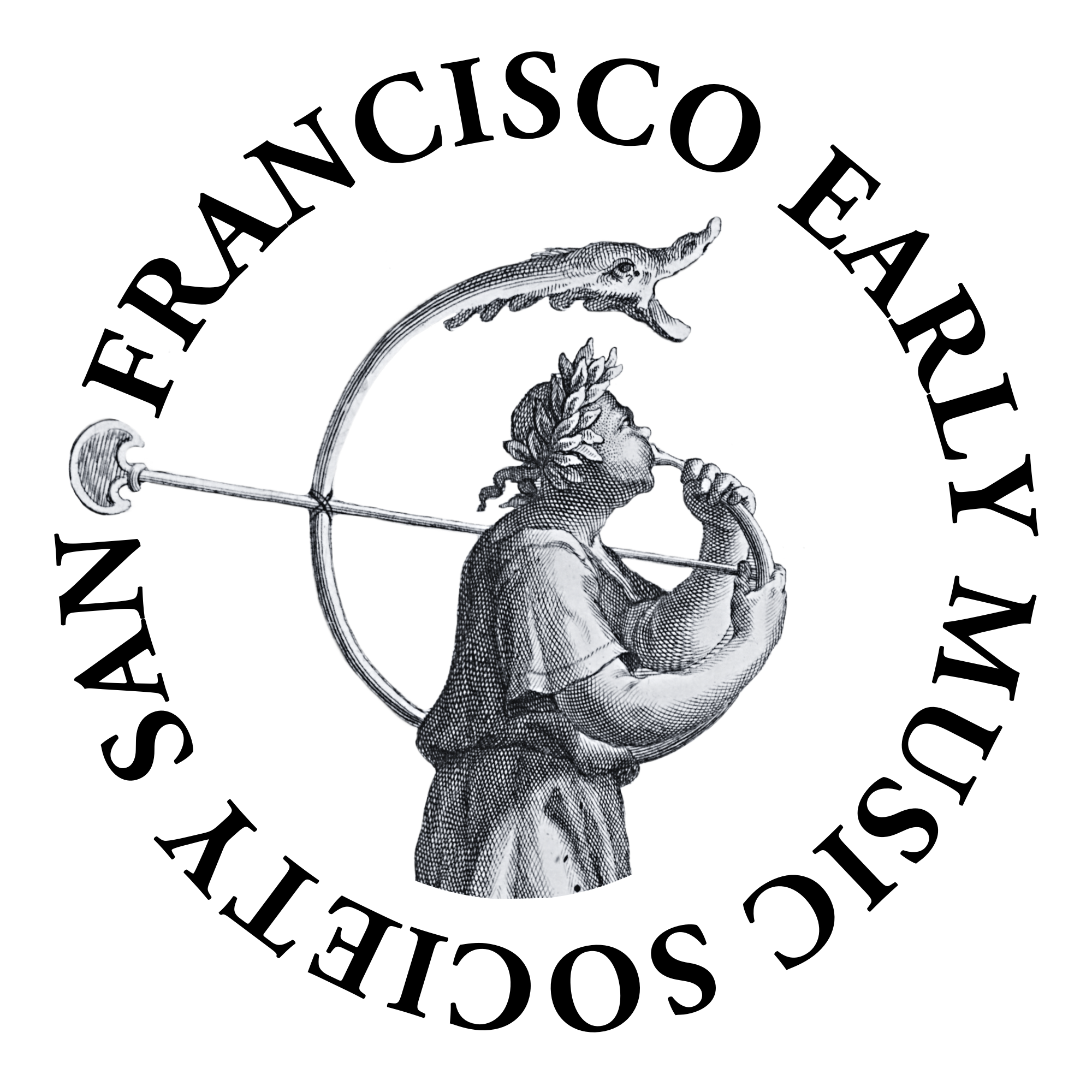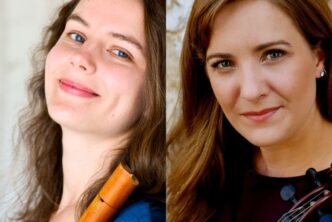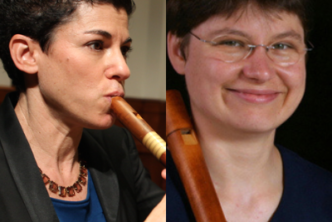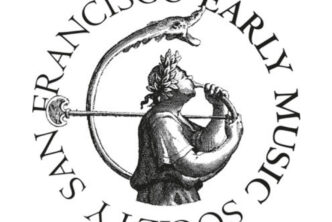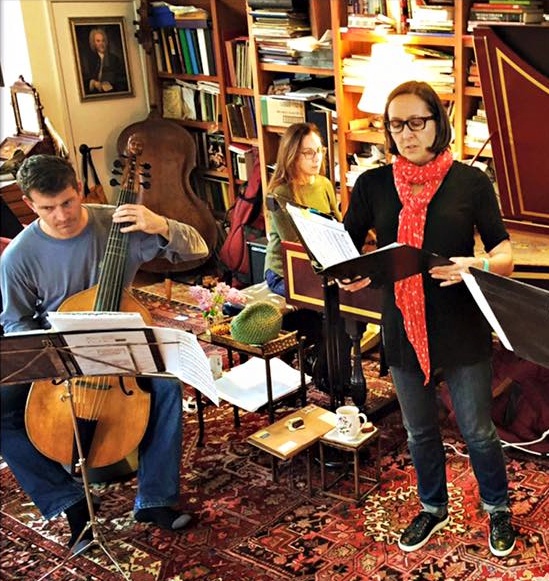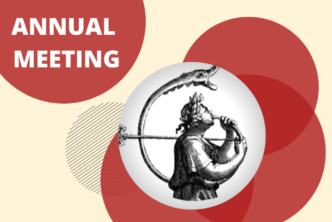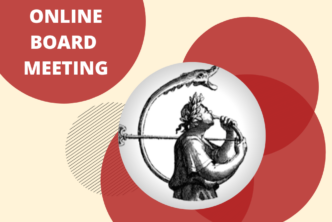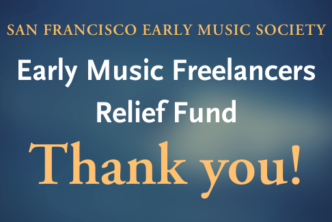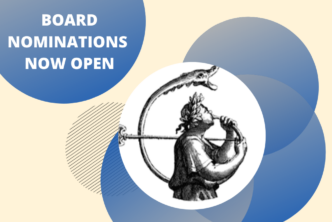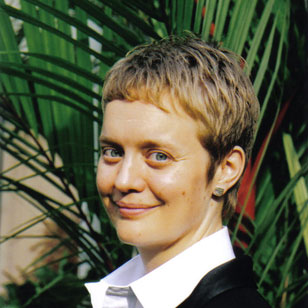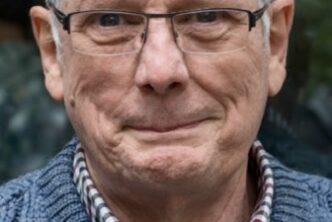On Saturday, February 9, 2019 the Mid-Peninsula Recorder Orchestra will present a workshop directed by Frances Blaker entitled, “From Old to New/An in-depth study of medieval, Renaissance, baroque and modern music for recorders focusing on a representative selection from each period.” In the following article she discusses the large body of music available for the recorder and the challenge recorder players face as a result.
* * *
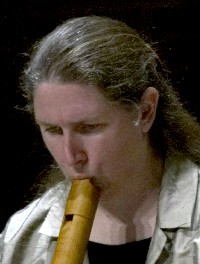 The recorder has one of the most extensive repertoires of any instrument played today, going back to at least the late 13th century, and probably earlier, all the way up to the present day with only a 150-year gap from around 1750 to 1900 when the instrument lay dormant. Music for recorders spans four periods: medieval, up to between 1400 and 1450; Renaissance, from between 1400 and 1450 to around 1600; baroque, from around 1600 to around 1750 and modern, from around 1900 on. Each of these periods has its own musical style, aesthetics, compositional procedures, melodic and harmonic progressions as well as tuning systems; and each is under the broad influence of very different philosophies: scholasticism, humanism, the Enlightenment and the multiplicity of philosophies that have influenced our thinking over the past one hundred years or so. In order for recorder players to competently manage such a diverse body of music means that they must have at least a general idea of what distinguishes one period from another and how that translates into their playing. That will be the goal of the workshop I am directing on February 9 in Palo Alto. I will lead those attending through a day of musical exploration, focusing on a work from each of the four periods I mentioned.
The recorder has one of the most extensive repertoires of any instrument played today, going back to at least the late 13th century, and probably earlier, all the way up to the present day with only a 150-year gap from around 1750 to 1900 when the instrument lay dormant. Music for recorders spans four periods: medieval, up to between 1400 and 1450; Renaissance, from between 1400 and 1450 to around 1600; baroque, from around 1600 to around 1750 and modern, from around 1900 on. Each of these periods has its own musical style, aesthetics, compositional procedures, melodic and harmonic progressions as well as tuning systems; and each is under the broad influence of very different philosophies: scholasticism, humanism, the Enlightenment and the multiplicity of philosophies that have influenced our thinking over the past one hundred years or so. In order for recorder players to competently manage such a diverse body of music means that they must have at least a general idea of what distinguishes one period from another and how that translates into their playing. That will be the goal of the workshop I am directing on February 9 in Palo Alto. I will lead those attending through a day of musical exploration, focusing on a work from each of the four periods I mentioned.
We will take note of the main differences and similarities between pieces of different eras, enabling us to put other pieces of music into an historical context. All the while, I will bring up points of recorder technique as we encounter them in the music I present, provide some useful hints and tips and work on musical expression. The large historical span will bring great variety to the selections we will be working on, from vocal to instrumental forms, from modes and counterpoint to tonal harmony and beyond. Some pieces will be easy to play, yet always absorbing and interesting, while others will be more challenging. Some of the composers we are likely to meet are Hildegard von Bingen, Ciconia, Josquin, Parsons, and Handel.
* * *
Frances Blaker is well known throughout the San Francisco Bay Area as an accomplished recorder player, recording artist, music director, author and composer. She received her Music Pedagogical and Performance degrees from the Royal Conservatory of Music in Copenhagen. In addition to regular appearances with Tibia, the Farallon Recorder Quartet, and Ensemble Vermillian, Frances Blaker has performed as a soloist and with various ensembles in the United States, Denmark, England and the Netherlands. She teaches privately and at workshops throughout the United States and is the Director of the Amherst Early Music Summer Festival.
The workshop will take place in the Chapel at Grace Lutheran Church, 3149 Waverley Street in Palo Alto from 9:30 a.m. to 4:30 p.m. The workshop is open to recorder players from the intermediate to advanced level. Workshop fees are as follows: MPRO, SFEMS and ARS members, $55.00; non-members, $60.00. Please plan on bringing a music stand and a lunch. Snacks and beverages will be provided. Advanced registration is encouraged as space is limited. For further information or to register for the workshop please visit the MPRO website at <http://mpro-online.org/> or contact Chantal Moser at 408-972-4998. The Mid-Peninsula Recorder Orchestra is an affiliate of the San Francisco Early Music Society.

